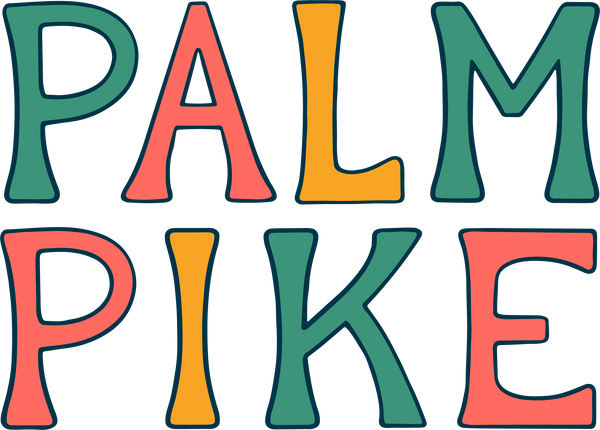Following a Vegan lifestyle is trending now more than ever. There are so many people who are opening their eyes to how cruel factory farming is and how much it is impacting our Earth. While the transportation sector is responsible for a quarter of all greenhouse gas emissions, Animal Agriculture alone is responsible for so much more, from excessive emissions to water use. Remarkably, Livestock and their byproducts are responsible for 44% of all worldwide methane emissions, which is much worse than carbon dioxide. There's no question why Veganism is so popular now.
As with any movement, there are great aspects of it... and then there are terrible parts of it. The Vegan community can be a welcoming one, but it can also be very black and white, with individuals criticizing every little thing that someone does or doesn't do. One of the biggest arguments is HONEY.
Is Honey considered Vegan?
Nope. It comes from a living creature and thus is not a Vegan product. Some individuals who follow a vegan lifestyle do ingest Honey and others are completely against it. Why? Because there are many videos and documentaries circling the internet about how terrible beekeepers are! They artificially inseminate queen bees and then kill them off after 1 year, they spray their hives with harsh chemicals, and feed the bees sugar water while taking all of their honey! Do these practices happen? Yes. They do happen with many commercial beekeepers. But I am here to squash all of these speculations and explain why many beekeepers, especially small-scale, do not use these practices.
There is movement going on in Agriculture and it's about using better practices that benefit the environment. This means many beekeepers are using more bee-friendly practices! Many beekeepers today will decide to feed sugar water, replace a queen, or treat a hive only if it means saving a failing colony. We, unfortunately, have had to treat our bees for this reason because we live in a climate that allows pests to thrive year round. However, we use the most natural treatments made from essential oils. We are also working on breeding queens with genes that will fight off pests that cause so many issues like varroa mites. We also do not artificially inseminate queens, and allow for them to mate naturally.
Why Are Bees So Important?
Without honey bees, we would not have many crops such as Almonds, Berries, and Apples. Another point to consider is that these are crops consumed in high amounts by individuals who follow a Vegan lifestyle. So if the beekeeping industry is literally making your food possible, why wouldn't you support it? When honey bees are responsible for 1/3 of our food, which is most of our fruits, vegetables, and nuts, you want to do everything possible to protect them.
However, I agree it's important to only support beekeepers who truly care, but putting every single beekeeper under the same umbrella and thus hurting the beekeeping industry is going to help no one. In order for us to change the way we grow our food, we need to start asking questions and supporting those who share the same values. Not eating honey is a personal choice. However, advocating for others to do the same because you read on the internet that beekeepers are doing wrong isn't right. This is why it is so important to ask questions!
Make Sure to Ask Questions!
I recommend contacting a local beekeeper to discuss your concerns with them and to see if they use some of the practices you don't agree with. Then you can let them know you will be supporting another beekeeper. If you do decide to eat honey, make sure you are buying local honey from a beekeeper you have spoken with. Our hives are saved from extermination and we care for them like our own kids. We also pride ourselves in leaving our honey completely natural and raw, straight from the hive to your jar. Caring for the environment is also a priority which is why we use glass jars with metal lids and we have a recycling program for our jars.
Ask questions. Shop local. Support local agriculture (beekeepers included)! It will save the planet more than only being vegan.

